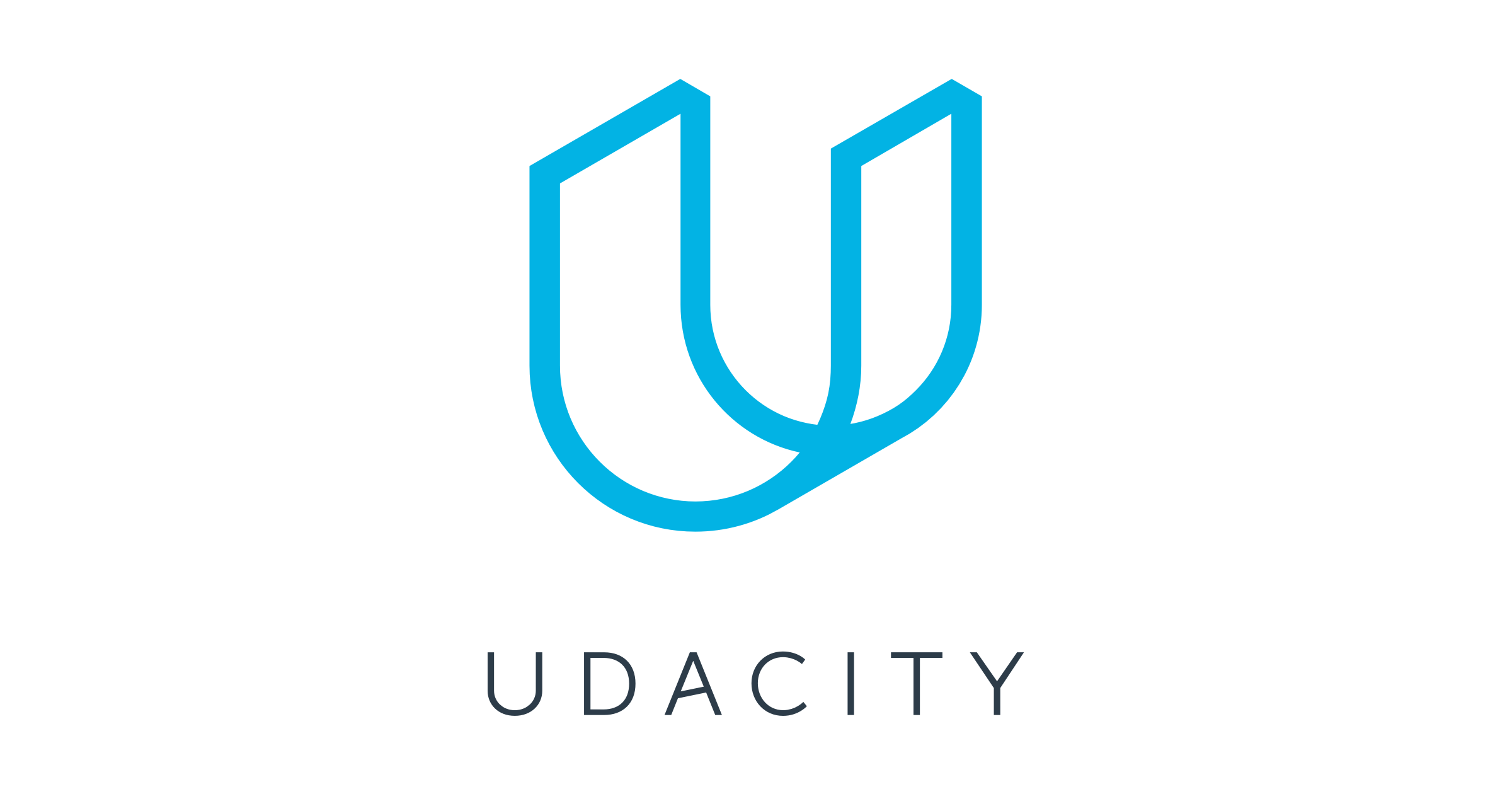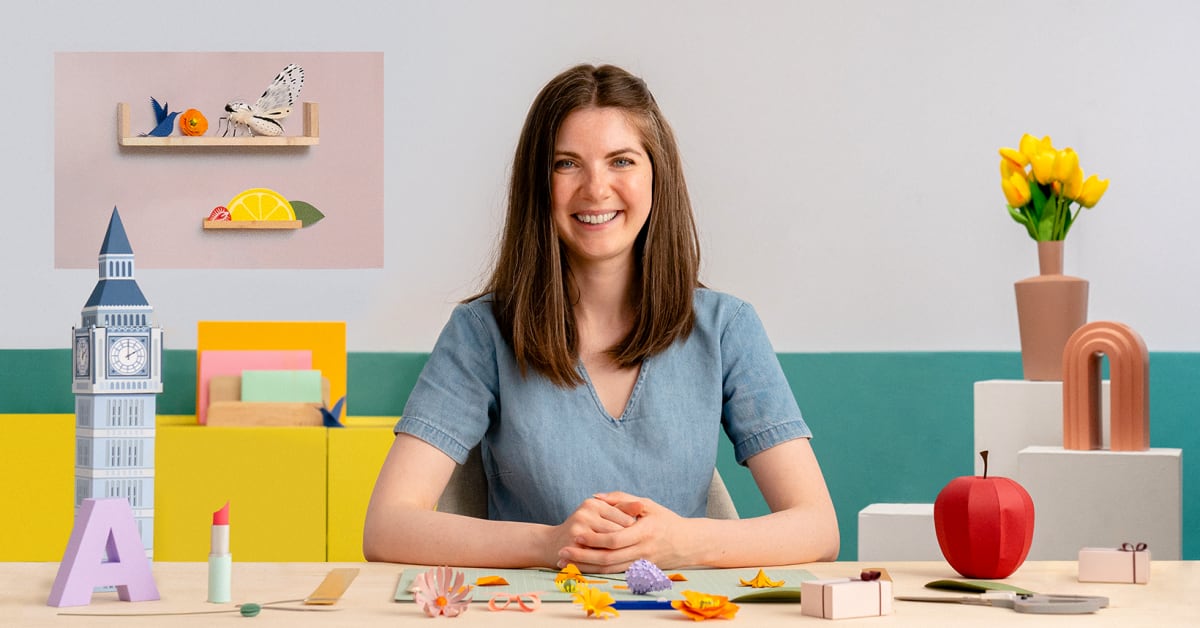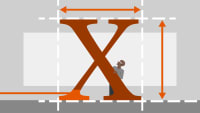Description
This course will prepare you to teach science in a university setting. In this MOOC, you will learn how to make your expertise as a researcher available to your students. We will show you how to communicate science to both novice and advanced students. You will see the value of teaching with analogies and be guided on how to train your students' competencies. You will be able to make decisions based on the most recent findings from research into teaching and learning science.
- implement evidence-based strategies into your own teaching,
- use students everyday
- conceptions for the development of courses,
- prepare analogies and models to teach in your field,
- implement problem-based teaching,
- set up for experiments and teach the nature of science.
This course will teach you how to teach abstract science topics to your students and turn them into active, successful learners. The course is structured around lectures (videos), handouts (knowledge-to-practice briefs) that supplement the knowledge taught in the lectures, and assignments that require you to put the teaching strategies into practise.
Syllabus :
1. Introduction: Teaching and Learning Science
- Course Overview
- Evidence-based science teaching
- Rate teaching strategies
- How the brain computes information
- from behaviourism...
- ...to constructivism
- Encouraging higher order thinking
2. Conceptual Change
- Identifying everyday conceptions
- No teaching without everyday conceptions
- Assessing your students conceptions
- Learning as conceptual change
- Learning as ontological change
- Tips for engagement
3. Teaching with analogies
- Why science is hard to grasp
- Using analogies
- How to teach analogies
- Successful instructional analogies
- Multiple representations in science
4. (Re-)Frame your science teaching
- Make science relevant
- Active learning with socioscientific issues
- Tasks for active learners
- Active Learning with Digital Tools
- Setting goals for students
- Supervision of theses
- Communication risk and uncertainity
5. Teaching science in a lab or field
- Conducting a lab class
- Interview with a digital simulation user
- Preparing a lab class
- Design principles for experiments
- Identifying and fostering students' experimental competences
- Teaching practical skills with digital simulations
- Changing students conceptions about the nature of science
- Models and modelling in science









